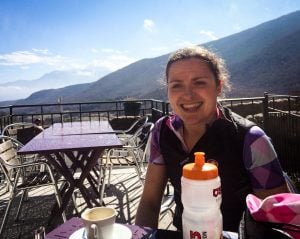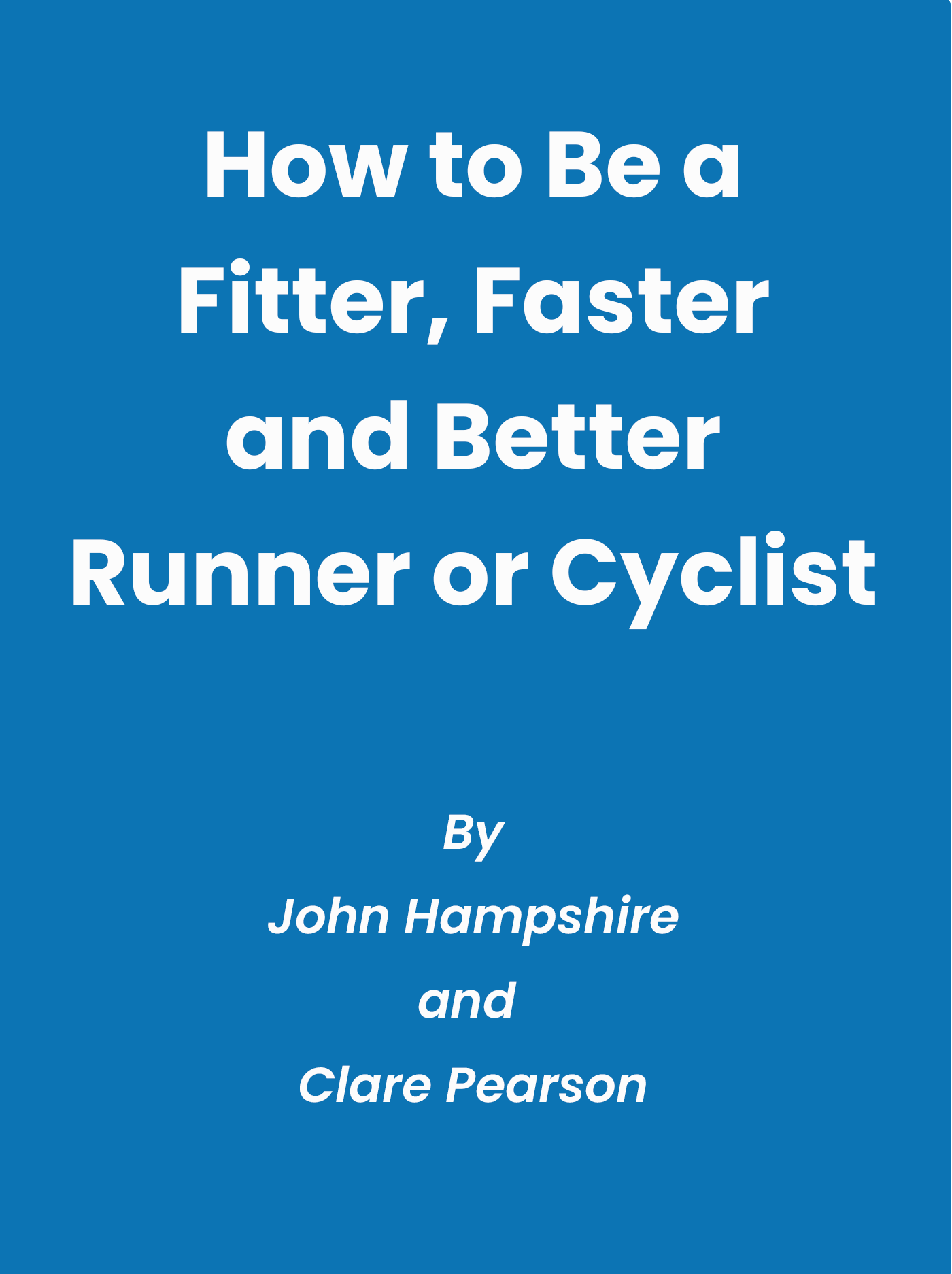Ride Faster or Rest Less? Tips for Hitting the Cut Off Times in Long Cycling Events.

Given an infinite amount of time almost anyone could complete even 1000km of riding. The challenge in official events like London Edinburgh London is to do so within the time constraints set.
Ride faster
As the length of ride increases riding faster can become harder and harder. However, with the right training it is possible to increase your average ride speed.
Good ways to do this are:
Targeted speed workouts to improve key fitness markers, in particular your Lactate Threshold and VO2max (although these are tricky to measure certain training regimens seems to have a positive effect on these two turning points). Whilst you do not need to ride at this intensity for your long events, making fitness gains at these levels will increase your overall speed at a lower intensity.
Long endurance rides and/or increased volume at an easy intensity. The more riding you can do at an easy intensity (below your aerobic threshold) the more efficient you become (the faster you get at riding for the same heart rate). You can also keep going for longer with less muscle fatigue.
Track Elapsed Time not Ride Time
Given that the clock does not stop it's a good idea to keep track of elapsed time rather than riding time.
Having a list pinned to your cross bar for cut off and the maximum elapsed time you have to get there will also help keep you on track.
Time lost resting cannot be regained.
The time you spend off the bike cannot be regained or made back. This doesn't mean that you should not stop; it would be dangerous not to, but keeping those stops to a minimum is far more efficient than assuming you can stop for longer and ride a bit faster to make that time back.
How to minimise time off the bike
With practice and careful planning you can minimise the time you spend off the bike. Initially this might just be about getting used to spending more hours in the saddle without a break by learning, amongst other things to eat and drink while you ride. The following tips will help ensure your stops are efficient and your riding time is at its maximum:
- Have a routine for refreshment stops. Having a routine for how you manage a refreshment stop will mean you are more efficient when you do stop and also help make sure you don't forget something important (like refilling your bottles).
- Get supermarket savvy. Practising going into supermarkets, buying what you need and getting out quickly will help you keep these stops to a minimum.
- Practise setting up your sleeping arrangements and putting them away. You will get quicker at setting up your sleeping arrangements the more you do it.
- Make good use of unplanned (ie mechanical) stops. If you have to have an unplanned stop make good use of that time by completing other necessary off the bike tasks (eating, napping, drinking etc).
- Plan your sleep stop(s). Planning to time can be better than planning to sleep at a set place if you know you can safely sleep anywhere en route. Planning how long to sleep and sticking to that time will also help minimise the stop.
- Plan a proper meal break - if you know you are going to stop for a proper meal you are less likely to lose time with frequent shorter stops.
Subscribe to our blog
Please share with your friends
Other articles you might like
May 2, 2024

Comments